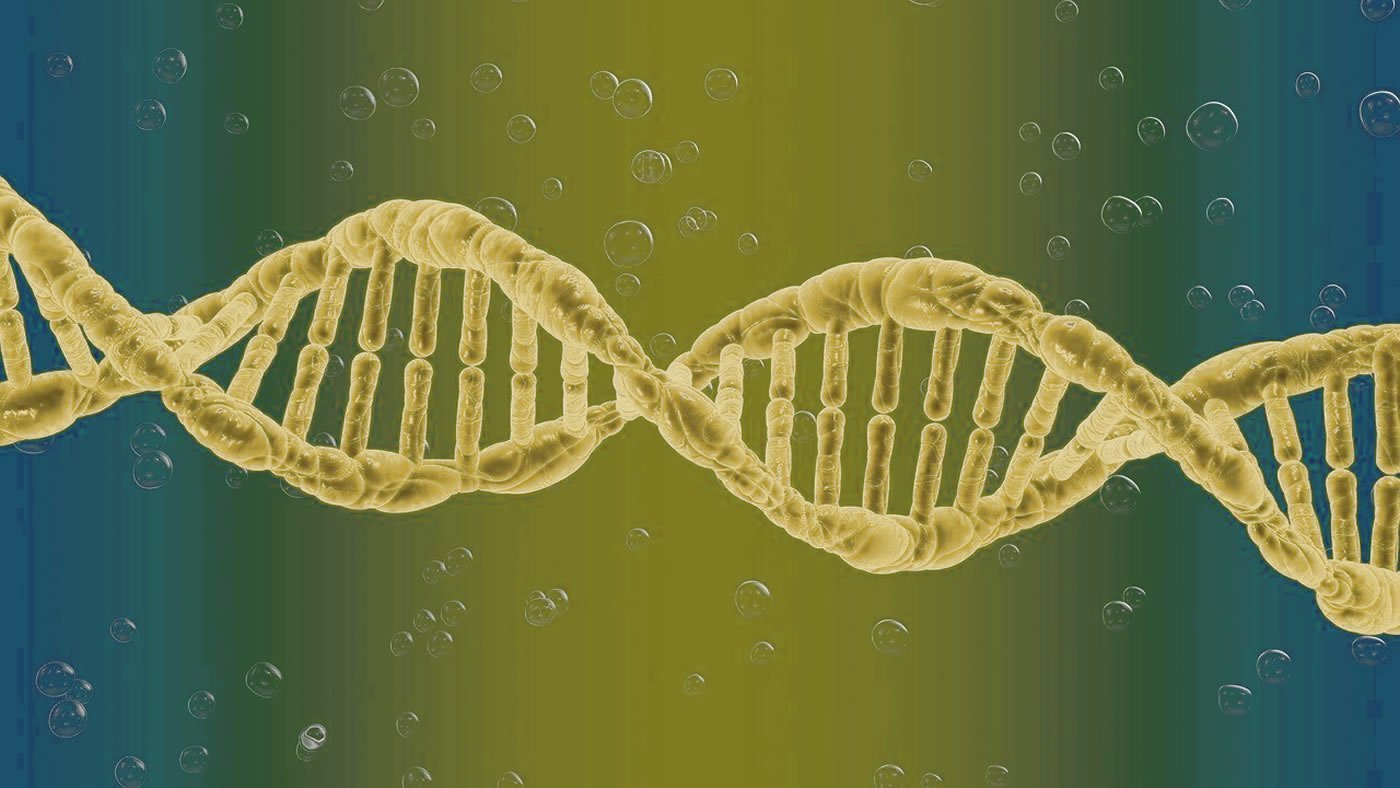Northerner
Admin (Retired)
- Relationship to Diabetes
- Type 1
Summary: Twenty-nine genes have now been identified as being linked to problematic alcohol use. A new study report, in addition to an increased risk of alcohol use disorder, people with specific genes linked to AUD also have an increased risk of depression, insomnia, and addiction to tobacco.
Source: Aarhus University
Do you have what is known as problematic alcohol use? Then statistically you will also be particularly genetically predisposed to develop e.g. depression and insomnia. And to become dependent on drugs and tobacco. This is shown by a new international study in which researchers from iPSYCH are involved.
The researchers have looked at the role played by genes when a person year after year drinks such large amounts of alcohol, that he or she ends up experiencing serious psychological, social and health damage.
The question of the role of genes is central because, in the majority of social circles, problematic alcohol use is one of the most significant causes of disease, early death and social problems.
For this reason, researchers have spent years attempting to identify what are known as risk genes behind problematic alcohol use – among other things in the hope of being able to develop new forms of treatment for alcohol dependence.
Until now, science has been aware of ten genetic variants that have been seen as risk genes in relation to problematic alcohol use. That number has now increased to 29 thanks to the new study, which has just been published in Nature Neuroscience.
The study was carried out by a group of international researchers from the USA, UK, Germany, Sweden and Denmark.
The Danish participants are Associate Professor Mette Nyegaard and Professor Anders Børglum, both from the Department of Biomedicine at Aarhus University, and the national psychiatric project, the Lundbeck Foundation Initiative for Integrative Psychiatric Research, iPSYCH.

 neurosciencenews.com
neurosciencenews.com
Source: Aarhus University
Do you have what is known as problematic alcohol use? Then statistically you will also be particularly genetically predisposed to develop e.g. depression and insomnia. And to become dependent on drugs and tobacco. This is shown by a new international study in which researchers from iPSYCH are involved.
The researchers have looked at the role played by genes when a person year after year drinks such large amounts of alcohol, that he or she ends up experiencing serious psychological, social and health damage.
The question of the role of genes is central because, in the majority of social circles, problematic alcohol use is one of the most significant causes of disease, early death and social problems.
For this reason, researchers have spent years attempting to identify what are known as risk genes behind problematic alcohol use – among other things in the hope of being able to develop new forms of treatment for alcohol dependence.
Until now, science has been aware of ten genetic variants that have been seen as risk genes in relation to problematic alcohol use. That number has now increased to 29 thanks to the new study, which has just been published in Nature Neuroscience.
The study was carried out by a group of international researchers from the USA, UK, Germany, Sweden and Denmark.
The Danish participants are Associate Professor Mette Nyegaard and Professor Anders Børglum, both from the Department of Biomedicine at Aarhus University, and the national psychiatric project, the Lundbeck Foundation Initiative for Integrative Psychiatric Research, iPSYCH.

New alcohol genes uncovered - Neuroscience News
Twenty-nine genes have now been identified as being linked to problematic alcohol use. A new study report, in addition to an increased risk of alcohol use disorder, people with specific genes linked to AUD also have an increased risk of depression, insomnia, and addiction to tobacco.

